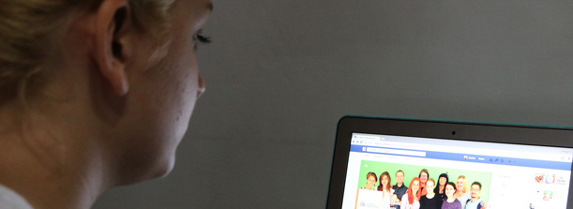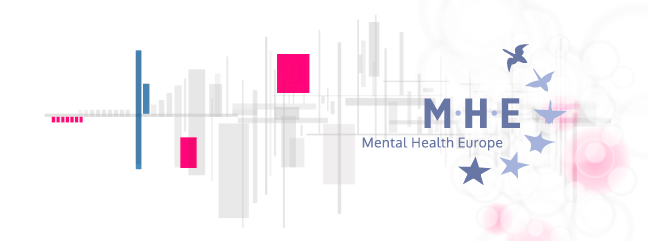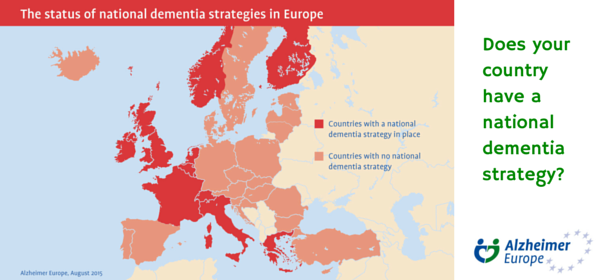How many times did I feel that I am are alone, suffering from side effects and pain due to my disease? How many times did I go to online webpages or social media to check which products I can consume and what other sufferers, like myself, have gone through? And when I found something that is in line with my diet plan, how many times did I share a photo of it with my friends or family and recommend it to others?
My personal answer is: innumerable times!
Today’s reality is that the use of social media services such as Twitter, Facebook and Instagram has become an integral part of my daily life. With the advantage of accessibility, many young people tend to choose online research to learn more about their conditions, rather than going through hundreds of pages of different books. Others prefer to read someone else’s experiences from Facebook, Instagram or Twitter.
I find social media very useful, particularly as a platform of interaction where I can connect with other people suffering from the same disease. Such media offer a basic level of knowledge that is more youth-friendly than the medical words usually used by medical professionals.
Social networks allow us to easily upload content and become a creator, manager and distributor. We use such channels to voice our opinion and concerns in a local, national or international context. This makes youth empowerment more credible in the modern world we are living in.
The EPF Campaign on Patient Empowerment addresses the need for patients to access all the relevant information, in an easily understandable format, to make informed decisions about their health – mine are made thanks to social media!
The EPF Youth Group has opened its own Facebook Page and in a few months has reached out to hundreds of people. What are you waiting for? Join our online forum!


